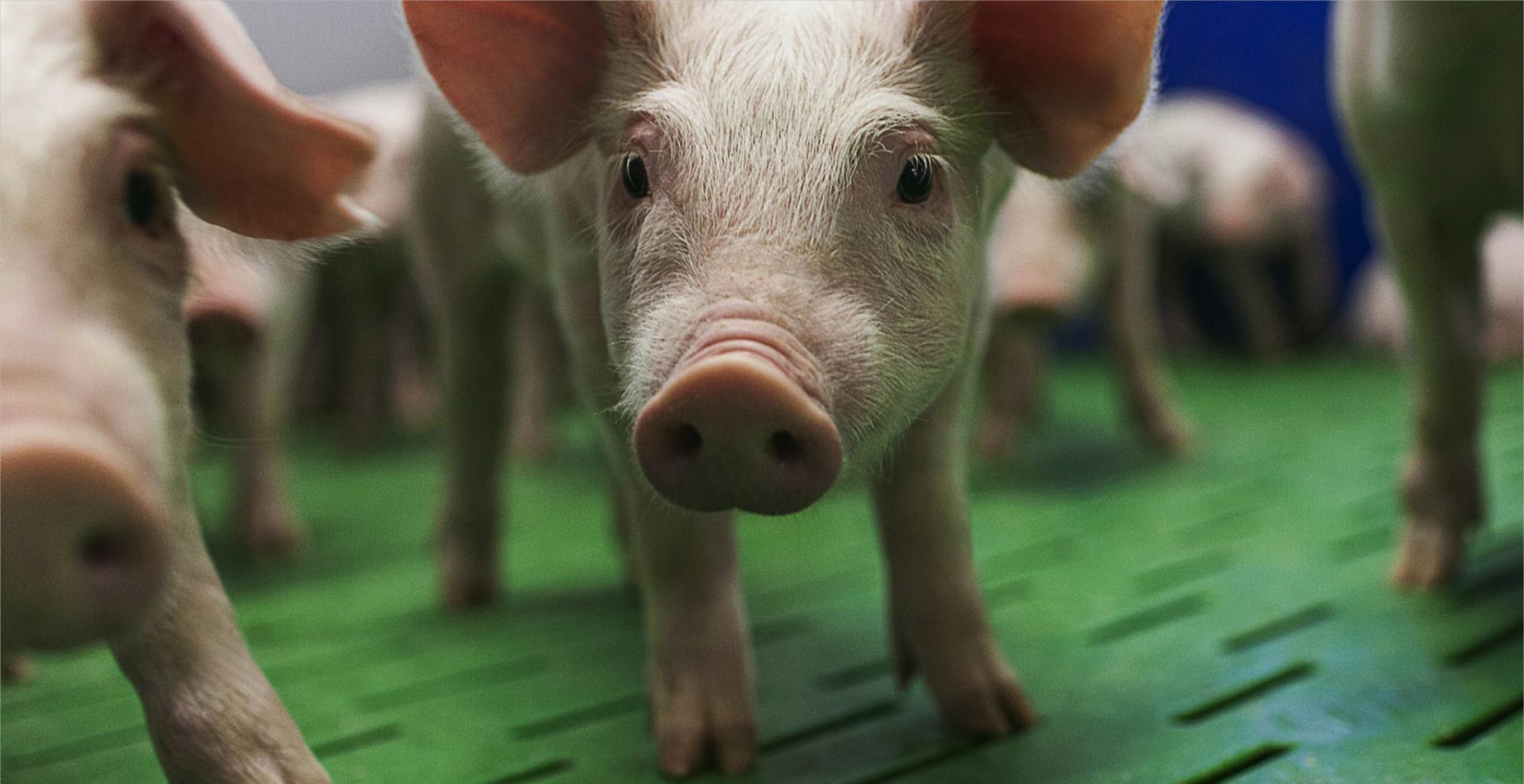Innovative process leads to lifelong benefits
Danish manufacturer, Hamlet Protein, produces high-quality soy proteins used for piglet weaning feed – ensuring easy digestion and low environmental impact.
To solve the global challenge of producing more food for a rising population while also reducing climate impact, more efficient utilisation of resources – including animal feed – is an important step towards a solution
Piglets and other young animals have an immature gut with a limited ability to absorb nutrients. So, if their feed is too hard to digest, the consequences can be severe for their health, growth and feed utilisation. These issues impose serious risks to the farmers who need to produce high-yield livestock with fewer resources and full consideration for animal welfare.
Danish innovation has become a global benchmark
The Danish supplier of speciality feed proteins, Hamlet Protein, began working on a solution to the problem three decades ago. In the early stages of the company’s life, one their innovations became the benchmark for a whole new category of easily digestible, premium soy proteins for piglet weaning feed. Hamlet Protein’s success is rooted in its customised bio-conversion process, which minimises the anti-nutritional factors that compromise the bioavailability of soy protein while keeping the amino acid profile intact. Hamlet Protein produces its high-quality feed ingredients at facilities in Denmark and the USA, using a process with a minimal environmental footprint.
Hamlet Protein produces high-quality feed using its customised bio-conversion process with a minimal environmental footprint
Benefits on both animal welfare and business results
International feeding trials have documented lifelong benefits for animal welfare, growth and performance – at least on a par with the benefits of animal-derived proteins. In terms of feed efficiency, the speciality proteins give farmers an optimum return on investment – ensuring a more sustainable production where less is wasted, and climate impact is reduced.


